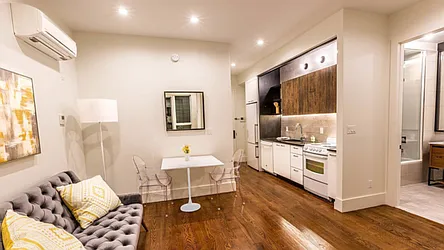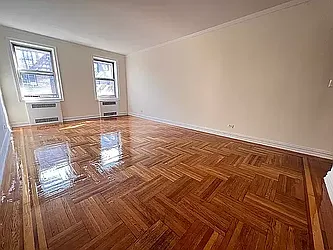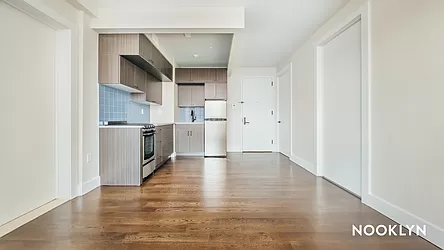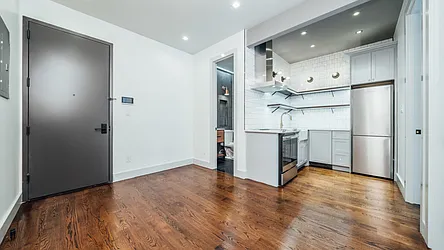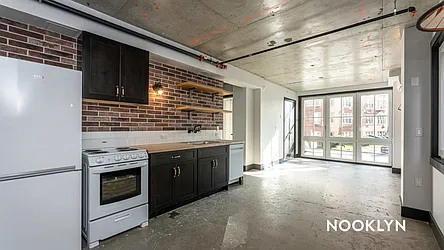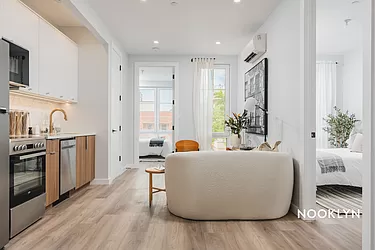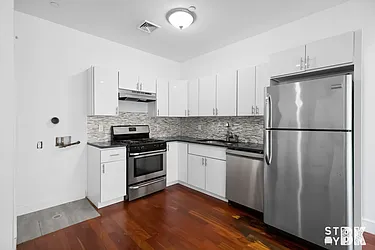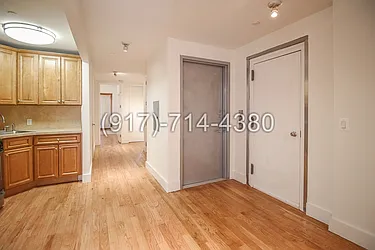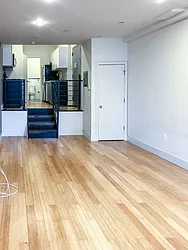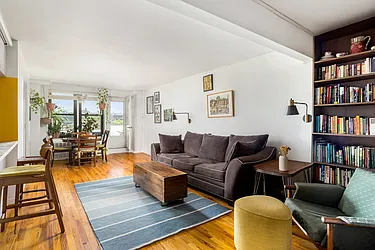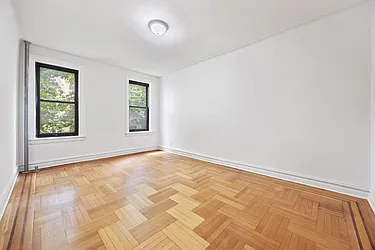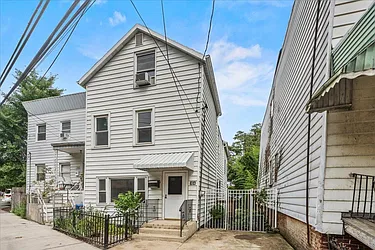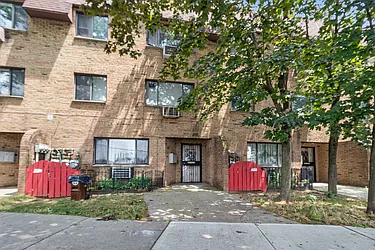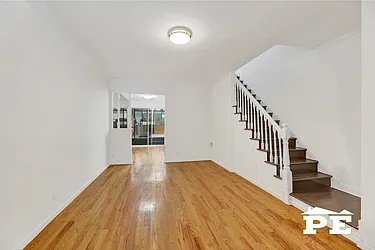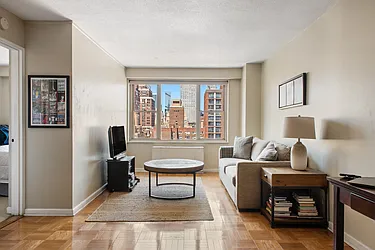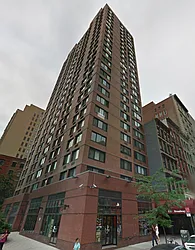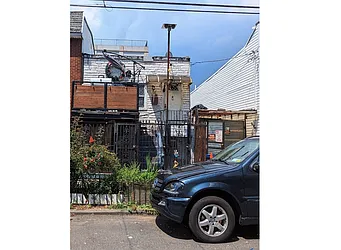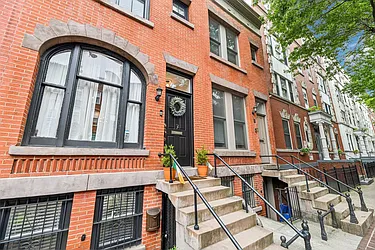Navigating New York City’s real estate market can feel like learning a new language. From the towering skyscrapers of Manhattan to the brownstones of Brooklyn, every corner of the city has its own rules and terms. With an array of unique terms and concepts, it’s easy to get lost in technical jargon. But just as you’d need a dictionary to learn a new language, this guide is your go-to resource for NYC real estate terms.
Whether you’re a first-time homebuyer, a seasoned investor, or someone simply looking for a place to rent, understanding these essential real estate terms is crucial. It can be the difference between feeling overwhelmed and confidently navigating the complex web of NYC property listings. With this guide, you’ll be well-prepared for whatever the city’s real estate scene throws at you.
In this glossary — which is far from comprehensive — we’ve categorized and defined some of the most common terms you’ll encounter, making your NYC property journey a little easier.
General Real Estate Terms
Condo (Condominium): A type of property where individuals own separate units of a larger complex. Unlike co-ops, condo buyers own their unit and have a deed to prove it. They are generally easier to buy and sell than co-op units. Plus, renters could have opportunities to lease a unit in a condo building, usually directly from the owner.
Co-op (Cooperative): Unlike purchasing actual property, when you buy a co-op, you’re buying shares in a corporation that owns the building. Your share entitles you to a proprietary lease in the unit. Co-op boards have the right to approve or deny any potential buyers, making the purchase process potentially more stringent than with condos. If renting in a co-op building, you will likely need board approval before signing a lease.
Pied-à-Terre: A term of French origin meaning “foot on the ground.” In the NYC real estate context, it refers to a secondary or temporary residence, often used by people who live elsewhere but frequently visit the city. Co-op rules often don’t allow pieds-à-terre buyers in their building, so they’re most often found in condos. The benefit to owning one is that the owners don’t pay the city’s personal income tax. However, legislation that would institute a pied-à-terre tax is regularly introduced.
Broker’s Fee: A commission paid to the real estate broker by either the buyer, renter, or seller for their services. In many NYC rental scenarios, tenants are often responsible for this fee unless an apartment is listed as “No Fee.”
NYC Apartments Under $3000 on StreetEasy Article continues below
Renter Real Estate Terms
Guarantor: An individual who guarantees to pay the rent if the tenant cannot. NYC landlords often require that a guarantor makes 80-100 times the monthly rent in annual income.
Rent-stabilized/Rent-controlled: These are types of rent regulations in NYC. Rent-controlled units have specific historical requirements, and there are very few left. Rent-stabilized units have limits on rent increases set by the city and provide eviction protections. Both offer tenants rights and protections not available in market-rate apartments.
Sublet: This is when a tenant rents out their apartment or a portion of it to another person while still retaining their name on the lease. Subletting can be short-term or long-term and typically requires the approval of the landlord or building management.
No Fee: An apartment listing that specifies “No Fee” indicates that the landlord or property manager will cover the broker’s fee, meaning the tenant does not have to pay the commission.
NYC Homes for Sale Under $1M on StreetEasy Article continues below
Buyer and Seller Real Estate Terms
Board Approval/Board Package: When selling a co-op, the co-op board must approve the potential buyer. The board package is a collection of financial and personal documents submitted by the potential buyer for review. Once this package is collected, the board interviews the potential buyer and then votes on whether to allow them to purchase the unit. Obtaining board approval may also be required for someone renting in a co-op building or for someone purchasing or renting in certain condo buildings.
Common Charges: These are monthly fees paid by condo owners that cover building operations and amenities costs. They’re similar to co-op maintenance fees but do not include property taxes or underlying mortgage interest.
Flip Tax: A fee that some co-op and condo boards charge sellers or buyers at the time of a sale. It’s not an actual “tax” but a transfer fee, and it can either be a fixed amount, a percentage of the sale price, or a percentage of the profit.
Maintenance Fees: In co-op buildings, owners pay monthly maintenance fees to cover building expenses like heat, hot water, insurance, staff salaries, and property taxes. The fees can also include the owner’s share of the building’s underlying mortgage.
Closing Costs: These are expenses, over and above the property price, that buyers and sellers typically incur to complete a real estate transaction. Closing costs include loan origination fees, appraisal fees, title searches, title insurance, surveys, taxes, deed-recording fees, and credit report charges. In NYC, closing costs for buyers range from 1.5% to 6% of the purchase price. Condos generally have higher closing costs than co-ops.
Mansion Tax: A New York State tax on residential property sales of at least $1 million. The tax rate varies, starting at 1% for properties sold for at least $1 million, and can rise for properties sold at higher price points.
Transfer Tax: A tax imposed by New York City and New York State on the transfer of real property. Both the buyer and the seller may have responsibilities under the transfer tax, depending on the specifics of the transaction.
Ultimately, understanding these essential real estate terms will help any NYC buyer, renter, or seller confidently navigate the market. When you’re well-informed, you’re better equipped to make sound decisions in the dynamic world of New York real estate.
Looking to buy, sell, or rent in NYC?
Get Started with StreetEasyDisclaimer: This content is not intended to provide legal, financial, or real estate advice. It is for information purposes only, and any links provided are for the users’ convenience. Please seek the services of a legal, accounting, or real estate professional before any real estate transaction.


